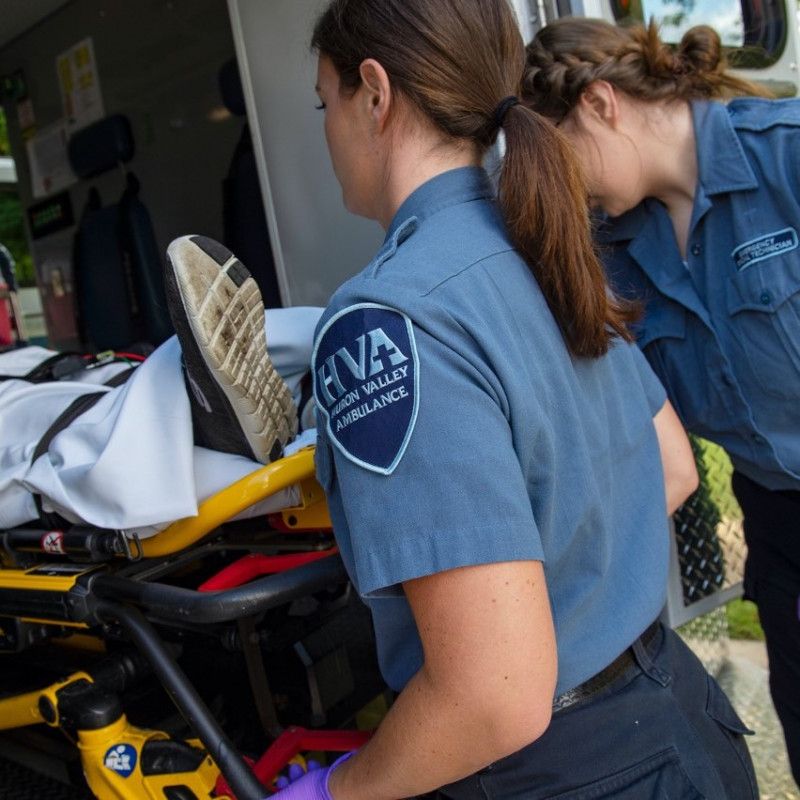Integration

When Doctors ask patients about social needs, do they know where to send patients for help?
Since 2018, the Center for Health and Research Transformation (CHRT) has been surveying primary care physicians (PCPs) across Michigan about their experiences screening patients for health-related social needs and referring them to community-based resources for support. In this report, we examine how social needs screening and knowledge about where to refer patients has changed from before the pandemic (2018), to …
Read more >
The benefits of dental health
Increasingly, researchers are illuminating the benefits of dental health. Oral health impacts overall health and dental care is vitally important to curb chronic conditions and improve the systemic health of patients. In this publication by CHRT and Blue Cross Blue Shield of Michigan, CHRT’s health policy team analyzes peer-reviewed clinical research to understand the benefits of dental health for whole …
Read more >
Primary care and public health integration: Innovative strategies from a state-level review
In a recent Journal of Public Health Management & Practice report, Strengthening Public Health Through Primary Care and Public Health Collaboration: Innovative State Approaches, CHRT’s Nancy M. Baum and Samantha Iovan, along with Marianne Udow-Phillips, explore the dynamic initiatives undertaken by four states to forge stronger connections between public health and primary care. Seventeen state leaders from North Carolina, Oregon, …
Read more >
Bridge the gaps: Strengthening public health through primary care collaboration and funding innovation
In a January 2024 Milbank Quarterly opinion piece, Connecting Public Health and Primary Care: The Prevention and Public Health Fund Redux, authors Marianne Udow-Phillips, Samantha Iovan and Peter D. Jacobson take a look at the critical role of primary care in bridging the gap between public health and medical care, as emphasized by longstanding funding disparities which were particularly evident …
Read more >
CHRT staff in Health Affairs on strengthening public health through collaboration with primary care
In a recent Health Affairs Forefront piece, Strengthening public health through collaboration with primary care: lessons from the states, CHRT’s Nancy Baum and Samantha Iovan share key findings from research across four states: North Carolina, Oregon, Rhode Island, and Washington. These four states were selected based on the authors’ previous research, which identified these states as innovators in their work …
Read more >
Strengthening public health through integration with primary care
State and local leaders across the country are taking innovative steps to strengthen public health through integration with primary care. Public health agencies at the state and local levels have long faced challenges such as chronic underfunding, rigid funding streams, outdated and disconnected data systems, fragmented care delivery structures, and workforce shortages. Partnerships between medical care systems, community-based organizations, and …
Read more >
Increasing access to integrated models of primary and behavioral health care in rural and urban areas of Michigan
Nationally, mental health needs increased over the last several years, exacerbated by the coronavirus disease 2019 (COVID-19) public health emergency that began in March 2020. A 2021 survey found that “…31.6 percent of adults in the U.S. reported symptoms of anxiety and/or depressive disorder, up from 11.0 percent in 2019.” Primary care and BH providers offer a range of services …
Read more >
Funding community paramedicine is an ongoing challenge, in spite of value and savings
Community paramedicine (CP) programs fill significant treatment gaps between primary care providers and emergency care providers. First, CP programs treat clients in the most appropriate settings. Second, CP programs divert patients from emergency departments when appropriate. Finally, CP programs connect clients with needed social services. But funding community paramedicine is an ongoing challenge. For patients, CP programs offer convenient treatment. …
Read more >
Telehealth for people with disabilities: here are the challenges and opportunities policymakers should consider
Telehealth was a lifeline for people with disabilities during the COVID-19 pandemic. Federal and state policy changes allowed clinics, health systems, and providers to expand telehealth services, which benefitted people with disabilities. People with disabilities, approximately one in every four Americans, are six times more likely to have ten or more physician visits and five times more likely to be admitted …
Read more >
Physicians screen patients for social needs: what happens next? Survey, analysis, and policy recommendations
Increasingly, physicians are screening patients for social needs then connecting patients to local organizations that can provide the required services. In Michigan, the U.S. Centers for Medicare & Medicaid Services provided funding to policymakers to launch new projects and partnerships to encourage physicians to screen for social needs like food and housing insecurity. The state also supported pilots that connected …
Read more >